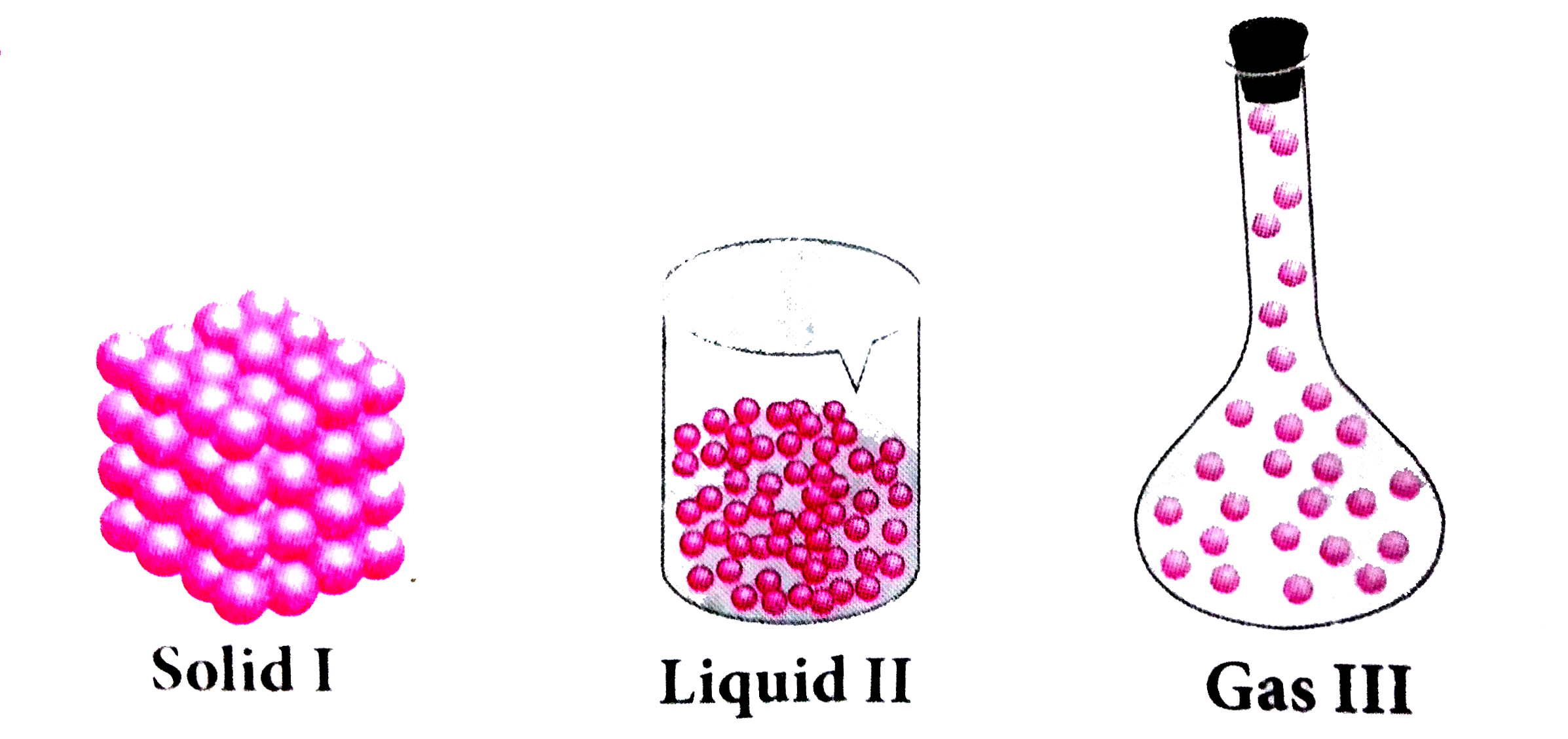Given n=1+xandx is product of four consecutive integers. Then which of the following is true? I n is an odd integer II. n is prime. III. n is a perfect square. Only I is correct (b) Only III is correct (c) Both I and II are correct (d) Both I and III are correct
To solve the problem, we need to analyze the statements given about n where n=1+x and x is the product of four consecutive integers. Let's break down the solution step by step:
Step 1: Define the product of four consecutive integers
Let the first integer be m. Then the four consecutive integers can be represented as:
- First integer: m
- Second integer: m+1
- Third integer: m+2
- Fourth integer: m+3
Thus, the product x can be expressed as:
x=m×(m+1)×(m+2)×(m+3)
Step 2: Determine the parity of x
Among any four consecutive integers, there will always be at least two even numbers. This is because the integers alternate between odd and even. Therefore, the product x must be even since the product of any integer with an even number is even.
Step 3: Calculate n
Since x is even, we can express n as:
n=1+x
Since x is even, 1+x will be odd. Thus, we conclude:
- Statement I: n is an odd integer. (True)
Step 4: Check if n is prime
To check if n is prime, we can consider specific values of m:
- For m=1: x=1×2×3×4=24 → n=1+24=25 (not prime)
- For m=2: x=2×3×4×5=120 → n=1+120=121 (not prime)
- For m=3: x=3×4×5×6=360 → n=1+360=361 (not prime)
From these examples, we see that n is not guaranteed to be prime. Thus:
- Statement II: n is prime. (False)
Step 5: Check if n is a perfect square
We can express n in a different form:
n=1+x=1+m(m+1)(m+2)(m+3)
We can analyze if n can be expressed as a perfect square:
- From the earlier analysis, we can also rewrite n as:
n=(m2+3m+1)2
This shows that n is indeed a perfect square.
Thus:
- Statement III: n is a perfect square. (True)
Conclusion
Based on the analysis:
- Statement I is true.
- Statement II is false.
- Statement III is true.
The correct answer is that both statements I and III are correct.
Final Answer
(d) Both I and III are correct.
Let the first integer be m. Then the four consecutive integers can be represented as:
- First integer: m
- Second integer: m+1
- Third integer: m+2
- Fourth integer: m+3
x=m×(m+1)×(m+2)×(m+3)
Among any four consecutive integers, there will always be at least two even numbers. This is because the integers alternate between odd and even. Therefore, the product x must be even since the product of any integer with an even number is even.
Since x is even, we can express n as:
n=1+x
Since x is even, 1+x will be odd. Thus, we conclude:
- Statement I: n is an odd integer. (True)
To check if n is prime, we can consider specific values of m:
- For m=1: x=1×2×3×4=24 → n=1+24=25 (not prime)
- For m=2: x=2×3×4×5=120 → n=1+120=121 (not prime)
- For m=3: x=3×4×5×6=360 → n=1+360=361 (not prime)
- Statement II: n is prime. (False)
We can express n in a different form:
n=1+x=1+m(m+1)(m+2)(m+3)
We can analyze if n can be expressed as a perfect square:
- From the earlier analysis, we can also rewrite n as:
n=(m2+3m+1)2
This shows that n is indeed a perfect square.
- Statement III: n is a perfect square. (True)
Based on the analysis:
- Statement I is true.
- Statement II is false.
- Statement III is true.
(d) Both I and III are correct.
Topper's Solved these Questions
Similar Questions
If n=1+x , where x is the product of four consecutive positive integers, then which of the following is/are true? n is odd II. n is prime III. n is a perfect square. (a) I only (b) I and II only (c) I and III only (d) None of these
View Solution(c−a) will be equal to 10(a+c) II. 10a+2b a. only I is true b. Only II is true c. Both I and II are true d. Both I and II are false
View Solution
Knowledge Check
If n=1+x , where x is the product of four consecutive positive integers, then which of the following is/are true? n is odd II. n is prime III. n is a perfect square. (a) I only (b) I and II only (c) I and III only (d) None of these
AA and C onlyBA and B onlyCA onlyDNone of theseIf 7ab=2401 where a and b positive integers and a≠1, then which of the following is (are). Correct ?
I,a=b
II.a>b
III.a<bAEither I or IIBEither II or IIICEither I or IIDI onlyIf 7ab=2401 where a and b positive integers and a≠1, then which of the following is (are). Correct ?
I,a=b
II.a>b
III.a<bAEither I and IIIBEither II and IIICEither I or IIIDI only
For the integer n , if n3 is odd, then which of the following statements are true? n is odd. II. n2 is odd. III. n2 is even (a) I only (b) II only (c) I and II only (d) I and III only
View SolutionIf n is an odd integer, then (1+i)6n+(1−i)6n is equal to
View SolutionIf x−y=8 , then which of the following must be true? Both x and y are positive. II. If x is negative, y must be positive III. If x is negative, y must be negative. (a) I only (b) II only (c) I and II (d) III only
View Solution
Choose the correct statement about I, II and III.
View SolutionIdentify the correct match the column I, II and III :-

View Solution
